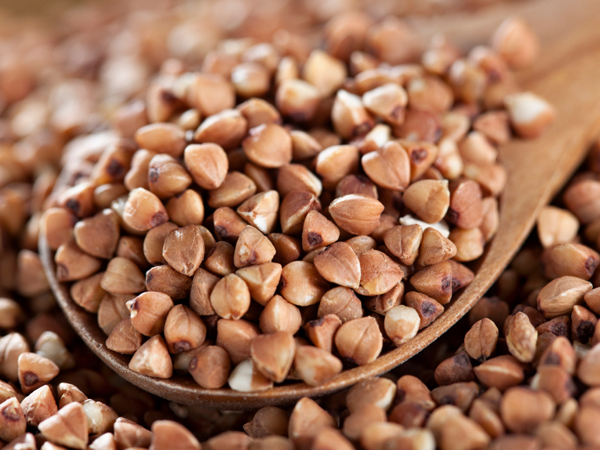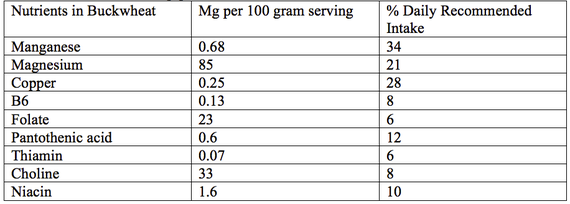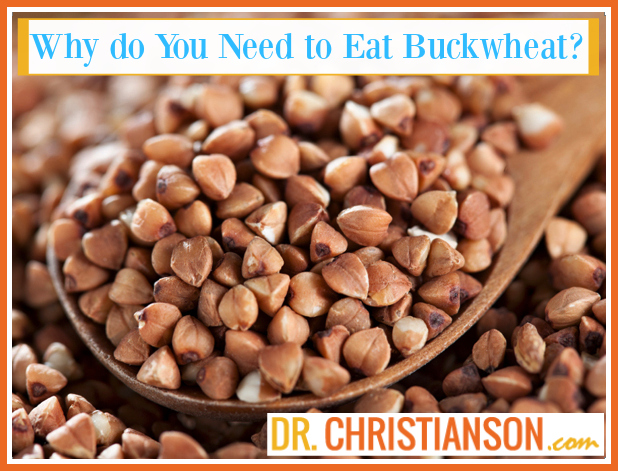Are You Eating Buckwheat?
Buckwheat may be one of the healthiest foods you’re not eating. Along with having numerous health benefits, it is tasty, easy to prepare and inexpensive. Here are some things I love about it:
Buckwheat is not a grain.
Many who are trying to avoid grains find themselves limited to fruit and sweet potatoes as sources of good carbs. Even though it’s often included in lists of grains, buckwheat is not a grain. The edible portion is a seed from a plant related to greens like rhubarb and sorrel.
Buckwheat is gluten-free.
Because it is neither a grain nor related to wheat, buckwheat is gluten-free and safe for those with celiac disease and gluten sensitivities. Studies show that even in high concentrations, buckwheat flour and its purified proteins have no immunologic reactions for patients with celiac disease1.
Buckwheat is high in essential nutrients.
It is rich in many trace minerals, including manganese, magnesium and copper. It is also a good source of the B vitamins: B6, pantothenic acid, niacin, folate, thiamin and choline.
Nutrients in Buckwheat2
Buckwheat has resistant fiber.
Resistant fiber is a compound shown to lower blood sugar after meals, help weight loss, reduce food cravings and improve diabetes3. All versions of buckwheat contain resistant fiber, but the boiled kernels, called groats, contain the most at 6 percent or greater4.












